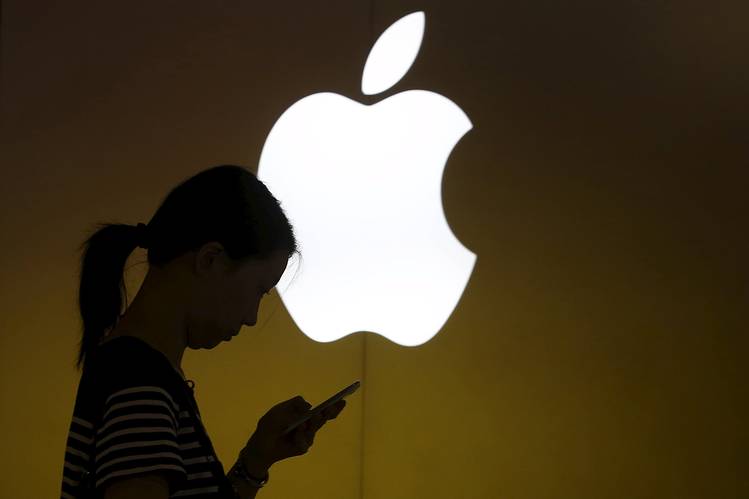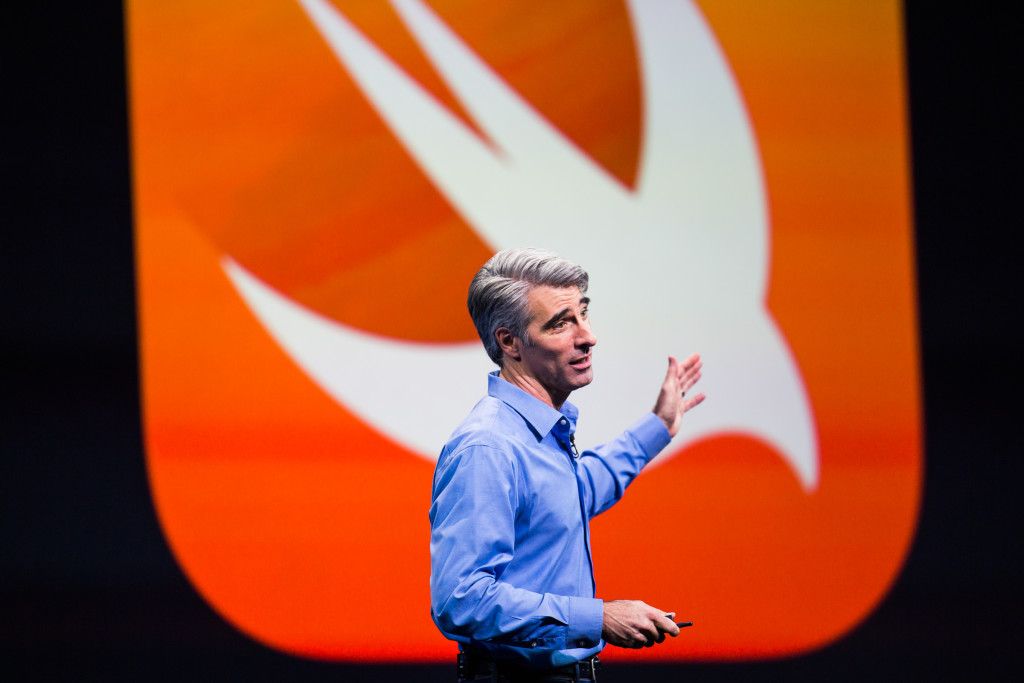“Apple Inc. has purchased Emotient Inc., a startup that uses artificial-intelligence technology to read people’s emotions by analyzing facial expressions.”


“Apple Inc. has purchased Emotient Inc., a startup that uses artificial-intelligence technology to read people’s emotions by analyzing facial expressions.”


Art and photography often dovetail nicely, to the point of being indistinct at times. But rarely does photography achieve the sort of free-flowing, brush-like effects that Matt Molloy imbues his incredible Time Stack photographs with. “My time stack series is a lot like a digital version of what the impressionist painters where trying to achieve in the 19th-century,” says Matt.

“Genetic improvement involves writing an automated “programmer” who manipulates the source code of a piece of software through trial and error with a view to making it work more efficiently. This might include swapping lines of code around, deleting lines and inserting new ones – very much like a human programmer. Each manipulation is then tested against some quality measure to determine if the new version of the code is an improvement over the old version. It is about taking large software systems and altering them slightly to achieve better results. Read more

“‘When you’re seeking to preserve a historic house, there may be layers, it may have been lived in by many different people. Mount Vernon had been lived in by George Washington’s descendants, so they made a decision to restore it to George Washington’s time and erase this later history. Do you make the same kind of decision with games?’” Read more

The biggest round of applause at Apple’s Worldwide Developers Conference keynote yesterday didn’t come when the company announced new versions of iOS and OS X, or even the new Apple Music service. It came when Apple’s vice president of engineering Craig Federighi announced that the company will open source the next version of its programming language Swift.
Why the excitement? Developers have demonstrated a growing preference for open source tools and platforms over the past 15 years. Apple, meanwhile, has pushed iOS developers towards its own in-house development technologies and away from third-party tools, such as Adobe Flash, that it deems inefficient. But even Apple can only risk alienating the developers on whom it relies for so many third-party apps and services so far. Coders have myriad options available to let them do their jobs the way they want; to keep them in-house, it turns out, Apple has to open up. Read more

Vannevar Bush’s prediction, half a century later, rings true: “The world has arrived at an age of cheap complex devices of great reliability; and something is bound to come of it.”

After Spencer Kimball left Google, he found himself missing some of the custom-built software the company uses internally. So he and a bunch of fellow ex-Googlers started building their own. And now they want to make it available to everyone to power the next Google or Facebook.
Specifically, Kimball wanted something like Google’s database system Spanner. Spanner is designed to juggle data between potentially millions of database servers, a tool that keeps Google’s services online even if several servers, or an entire datacenter, go offline. While few companies need to operate at quite the scale Google does, the ability to stay online even if many systems fail, and to automatically balance resources between servers, would be useful to many other companies. Read more